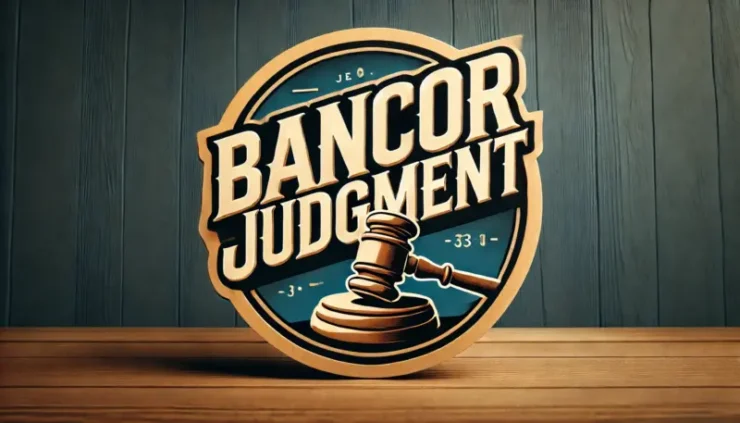A federal judge in Texas has entered a default judgment against Bancor DAO, the decentralized autonomous organization behind the DeFi platform Bancor, after it failed to respond to a summons. Judge Robert Pitman issued the ruling following Bancor DAO’s failure to appear in its defense after the summons was posted on the DAO’s forum in January 2024.
“The defendant Bancor DAO has failed to answer or otherwise defend itself within the time allowed, and the plaintiffs have demonstrated that failure,” court clerk Philip Delvin wrote in a March 13 statement.
Investors Claim Losses in Liquidity Protection Failure
The case stems from a class-action lawsuit filed in May 2023 by investors who allege they lost tens of millions of dollars due to Bancor’s failure to warn about liquidity issues during a 2022 withdrawal spike. The plaintiffs claim that Bancor misled investors about its impermanent loss protection (ILP) mechanism for liquidity providers and argue that Bancor’s token qualifies as an unregistered security.
Impermanent loss occurs in decentralized finance when liquidity providers deposit assets into a trading pool and one asset loses relative value. Bancor had introduced ILP as a safeguard against this risk. However, the plaintiffs contend that Bancor’s ILP program operated at a deficit and that the platform attempted to mask these shortcomings by launching a new product, v3, which promised high returns “without asking users to take on any risk.”
Bancor halted its ILP in June 2022, citing “hostile” market conditions. Plaintiffs argue that this left investors exposed to significant losses, with some losing nearly 50% of their initial investment.
Legal Status of Bancor DAO Under Scrutiny
The lawsuit also questions the legal structure of Bancor DAO. The plaintiffs claim that the DAO functions as an “unincorporated general partnership” and can be held legally accountable as such. They argue that although Bancor is ostensibly governed by a decentralized autonomous organization, its founders and operators retained control over its capital, employees, and decision-making processes.
The case was initially dismissed because the protocol’s developers were not based in the United States, but it was reinstated in December 2023. Plaintiffs further allege that Bancor is not registered in any jurisdiction and lacks a physical office, mailing address, officers, directors, or appointed agents.
Precedent and Regulatory Impact on DAOs
Bancor DAO’s default judgment follows legal precedent set by a similar case in which the Commodity Futures Trading Commission (CFTC) secured a default judgment against Ooki DAO. In November, a California federal judge ruled that DAOs and their governing members could be sued in unregistered securities cases.
The ruling underscores the mounting legal risks faced by decentralized autonomous organizations. Bancor, once a dominant DeFi protocol with $38 million in total value locked, has seen a 98% decline since its peak in May 2021, according to DeFi analytics platform DeFiLlama. The case raises further questions about the regulatory obligations of decentralized finance platforms and the potential consequences of failing to engage with legal proceedings.





